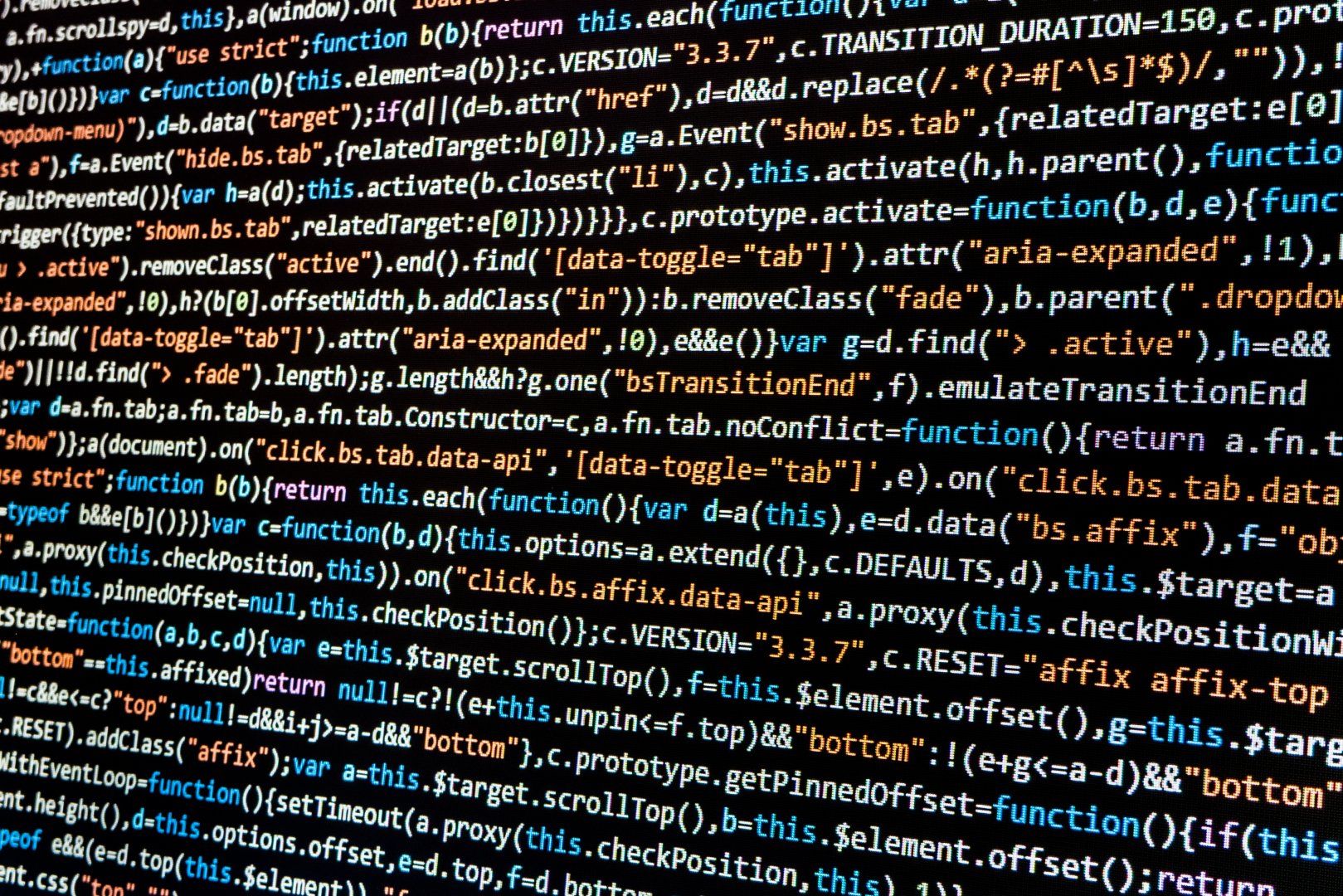The Regulation of Software Agents


It is now being recognised that a number of wider legal and regulatory issues arise from the increased use of autonomous agents and devices. Since robots[1] rely on sensors to perform their tasks, they also raise serious issues of data protection and privacy. Software agents have authority to decide what actions are appropriate.
Related concepts include:
As organisations adopt the use of software agents to automate complex or repetitive tasks, organisational and cultural impacts arise that need to be considered. Software agents can work with great speed to search the internet or trading platform, with some algorithmic strategies being programmed to act within ‘nano seconds’, known as High Frequency Trading [HFT]. As the volumes of HFT grow causing volatility, market regulators are increasing looking to introduce enhanced regulation, to prevent market failure such as the ‘Flash Crash’ of May 6th 2010 when the Dow Jones collapsed by 1000 points (9%) within minutes, only to recover within minutes.
Applying the blockchain concept to the world of Internet of Things, offers fantastic possibilities for supply chain technology. As soon as a product completes final assembly, it can be registered by the manufacturer into a universal blockchain representing the beginning of its’ life. Once sold, a dealer or end user can then register on a local blockchain, to maintain product information, history, product revisions, warranty details and end of life history. The ability to trace a products life throughout its journey in real time creates great opportunities to build reliable and trusted global supply chains built on the emerging technology.
Smart contracts will permit smart devices to detect component failure, check warranty status, place service orders with approved service providers, record the corrective action, all autonomously. Non-payment of finance may result in automated recovery without the need to instruct lawyers, for example in vehicle finance a ‘smart key’ could be cancelled, and instruction given to a recovery firm to repossess the vehicle by the computer programme without recourse to a traditional legal recovery process.
The market sector which seems to be quickest to adopt the blockchain technology is financial services where recent announcements have been made of development new trading platforms by Institutions including JP Morgan and Bloomberg[2][a][b][c][d]. The main features that have been of interest seem to be the ability to transact huge volumes of contracts and traceabiity of all transactions on a distributed registry rather than in an existing cloud computing environment.